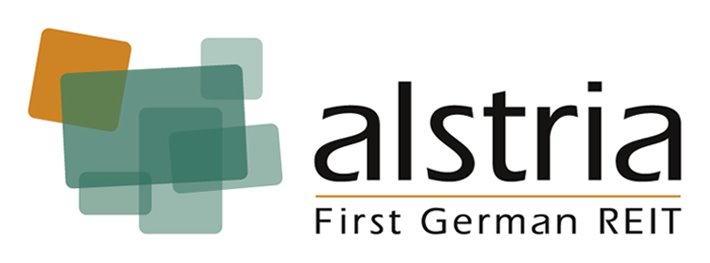What if one equity research firm
was to send to a company it covers a questionnaire asking specifically for
nonpublic information. This would be done in order to provide its clients with
a “more accurate picture” of the company that what is achievable through public
disclosure. How would the company react? And how would the compliance
department of the research firm react?
You think no one would do that?
Think again. It is done every year for a significant number of companies among
the most respected one. It is done every year by research firm that publish
report about the Corporate Social Responsibility (CSR) of issuers. It is to a
certain extend ironic that these questionnaires will all circle around
corporate governance and compliance issues. In order to fill them, you need to
break one basic rule of corporate governance: Equal treatment of shareholders.
I realized this was the case,
following changes at the GRESB (www.GRESB.com),
a real estate CSR benchmarking non-profit group. We have been submitting data to the GRESB for
the last two years (Our latest answers can be found here http://aox.ag/UzTCzV). What I, and probably a
number of other companies initially overlooked, is that the GRESB is not only a
benchmarking tool. In actual fact the data we would submit to GRESB would be
re-used by GRESB, and fed into (paid?) research, that would be provided to
selected investors.
My first reaction was to write
the GRESB management a letter explaining that I did not felt that this was
appropriate. However, before drafting such a letter I have done some research
about how other do it. The most prominent of theses research firm (as they
provide the research for Footsie4Good) is EIRIS (www.EIRIS.org).
Much to my surprise, they actually openly and specifically mention that they
would ask companies for non-public information. The headline on the company
survey page reads as follow: “The EIRIS
survey is a way for us to get the information that our clients require that
is not already publicly available.” http://www.eiris.org/companies/eiris_survey.html
You might argue that this kind of
information is not relevant for the investment decision. However, it seems
important enough for AXA, BlackRock, and a number of other high profile
investor to pay to get access to this information. It is also interesting to
see that this information will then be available (against payment) on websites
like www.CSRhub.com
Another high profile CSR adviser SAM (which deal with the Dow Jones sustainability index) is less explicit about the nature of the information it asks companies to report on. The website mentions that : "The annual assessment is based on an online questionnaire supported by extensive company documentation" http://www.sam-group.com/en/sustainability-insight/sam-corporate-sustainability-assessment.jsp
Anyway, this does not
seem to have been caught up by any regulator, which tends to demonstrate that
non-financial information is not considered as critical by regulators.
From today on, alstria will
publish on its website the full extent of the questionnaire that we fill up to
these kind of research firms, in order to make sure everyone have access to the
same level of information. I will also still ask GRESB what their position on
the topic is. It might as well be that I have it all wrong.


No comments:
Post a Comment